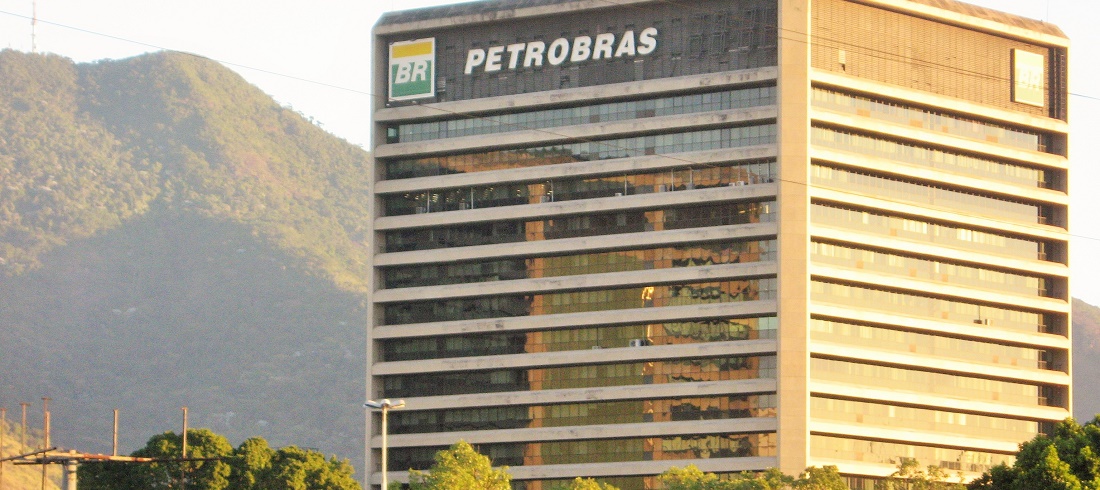
Petrobras increases petroleum exports via Port of Açu
May, 12, 2021 Posted by andrew_lorimerWeek 202120
Açu Petróleo, a joint venture between Prumo Logística and the German Oiltanking, signed a contract with Petrobras that will more than double the volume of oil exported by the oil company at the Porto do Açu terminal. The agreement, signed in April, foresees the flow of up to 240 million barrels of oil, or about 300,000 barrels per day (BPD), within two years at the terminal in São João da Barra (RJ).
Petrobras has been exporting part of its production through the port in northern Rio de Janeiro since 2019. According to Victor Bomfim, president of Açu Petróleo, Brazilian oil exports have grown at a rate of 20% to 30% per year since 2018, especially for the sales to the East, mainly China.
In this context, Açu Petróleo is preparing to equip its terminal with an oil-storage park and connect via pipeline to the railway network in the state of Rio. The forecast is for investments of around R$ 2.5 billion. The works should start in the second semester.
Bomfim recalls that today, Brazil does not have enough tanking parks to cope with the increase in national oil production, which should reach 5 million BPD by 2028, according to projections by EPE, the energy research company.
Açu Petróleo can currently handle up to 1.2 million BPD of oil, with the possibility of expanding to 2 million. It is expected that the terminal will have a 5.7 million barrel tanking capacity. Operations will start between the end of 2023 and the beginning of 2024.
“During the pandemic, we lacked storage. Compared to other exporting countries, Brazil has the lowest tanking capacity; there is a huge pent-up demand,” says Bomfim.
Currently, Brazil exports around 1.3 million BPD. EPE’s forecast is that by 2030, the country will become one of the five largest oil exporters in the world, with 65% of its oil sold abroad.
Greater tanking capacity would allow oil companies to mix or treat oil before exporting, increasing the quality of the final product. “Tanking makes it possible to improve and optimize export logistics a lot. There is a strong demand for the industry and the country to prepare themselves and have the logistical infrastructure needed to cope with the increase in production”, defends Bomfim.
Currently, Brazilian exports are carried out mainly by transshipment in vessels without building infrastructure on land. Açu is responsible for 25% of the country’s oil exports, a market share that should grow with the new contract signed with Petrobras.
According to Bomfim, Açu Petróleo had a 50% increase in the volume handled in the first quarter of 2021, compared to the same period in 2020. “The pre-salt oil is being very well received and has appreciated greatly due to its low sulfur content,” he says.
Açu benefits from sales of Brazilian oil to the East. It is the only private terminal in the country capable of receiving Very Large Crude Carrier (VLCC) vessels, the model most used in exports to Asia.
Source: Valor
-
Ports and Terminals
Sep, 20, 2019
0
Codesp drafts new version of the Port of Santos Development and Zoning Plan
-
Other Logistics
May, 18, 2023
0
Peru probes China’s COSCO Shipping Ports after construction site landslide
-
Other Cargo
Aug, 04, 2022
0
Yara eyes Petrobras-owned fertilizer plants
-
Grains
Dec, 03, 2018
0
Brazil’s corn and rice exports are down


